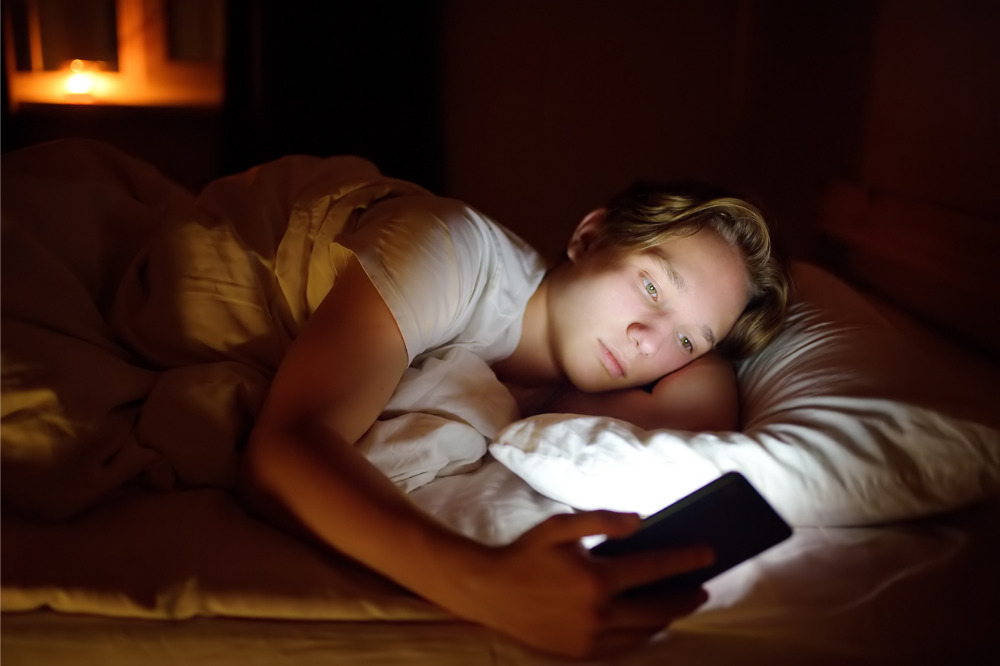
A recent study has shown that the average Australian spends a third of their day in front of screens.
This is a troubling fact, given that a growing body of research suggests that any more than a couple of hours in front of a screen can have a damaging impact on the brain – particularly when it comes to cognitive functions.
A recent study has confirmed that excessive use of mobile devices among young children increases their likelihood of developing sleep and behavioural issues.
The study, conducted by PhD researcher Sumudu Mallawaarachchi and Dr Sharon Horwood from Deakin University’s School of Psychology, has found that “the more time toddlers and preschoolers spend on smartphones and iPads, the greater risk of negative impacts on their social, emotional, and cognitive development, and sleep quality and quantity.”
Mallawaarachchi added that their findings showed that the adverse effects caused by prolonged exposure to mobile screens outweighed any perceived benefits for young children.
“Our research reviewed all the relevant national and international studies looking at developmental factors and mobile screen use in early childhood,” she said.
“The findings so far indicate that toddlers and preschoolers who use mobile screens more often and for longer periods of time are more likely to have problems managing their emotions and behaviour and getting poorer quality sleep.”
Mallawaarachchi, however, noted that the research also discovered “huge gaps” on the long-term impacts of excessive mobile screen time among young children and that they need to examine additional parameters, including “the types and reasons for screen use.”
Dr Horwood said that mobile screens may have a completely different impact on development compared to older screen technologies such as televisions, given the portability and web-connectivity of these devices.
“For example, we know that at least half of toddlers and preschoolers who use mobile screens use them on their own, so to understand how to manage screen use in early childhood, we need to know more about how kids are using screens now,” she said.
Regardless of this, Dr Horwood said that the negative findings were worrying considering the accessibility of educational apps and how these are perceived to be beneficial for young children.
“We need further research exclusively on the impacts of mobile screens, instead of combining them with other types of screen use,” she said.
In line with this, the research team has launched a new study involving a national survey of parents of toddlers and preschoolers and the screen use in their homes.
“Until we have a better understanding of the impacts, parents should probably err on the side of caution with early childhood screen use,” Dr Horwood said.
“Given how critical early childhood is in terms of the vast amounts of brain development that occurs, the sooner we can establish healthy habits and lifestyle behaviours, the less challenges young children are likely to face as they develop.”


